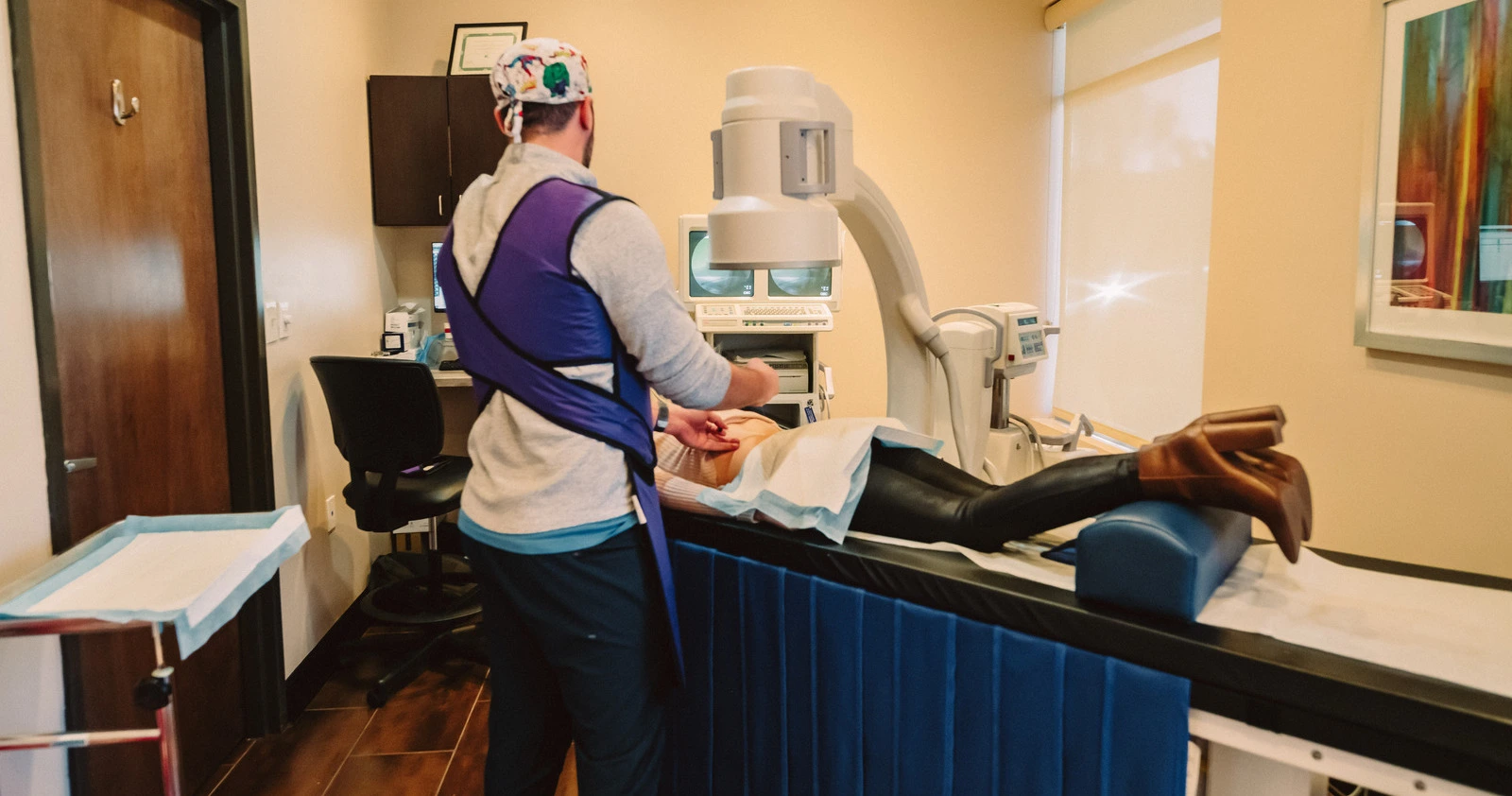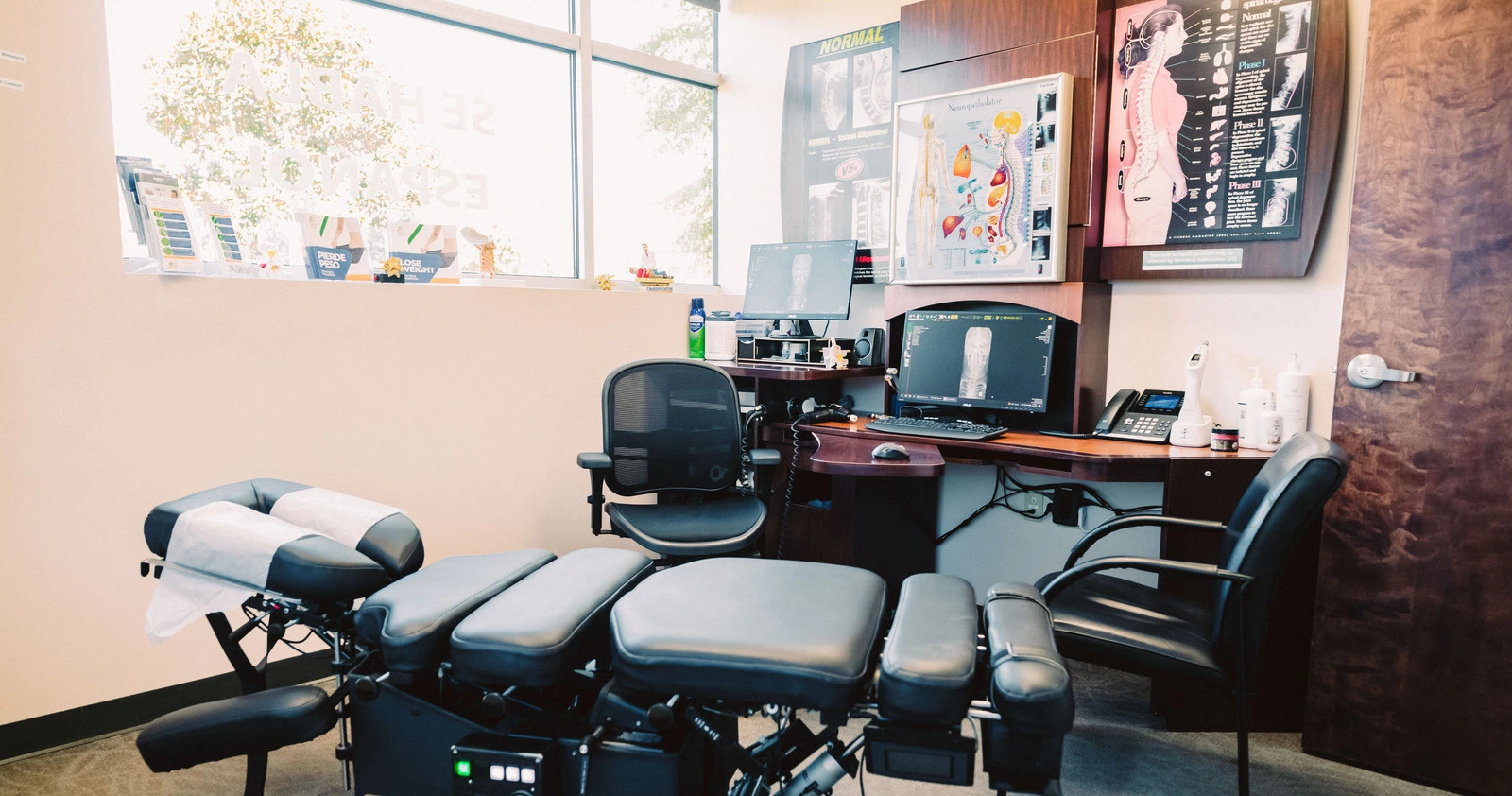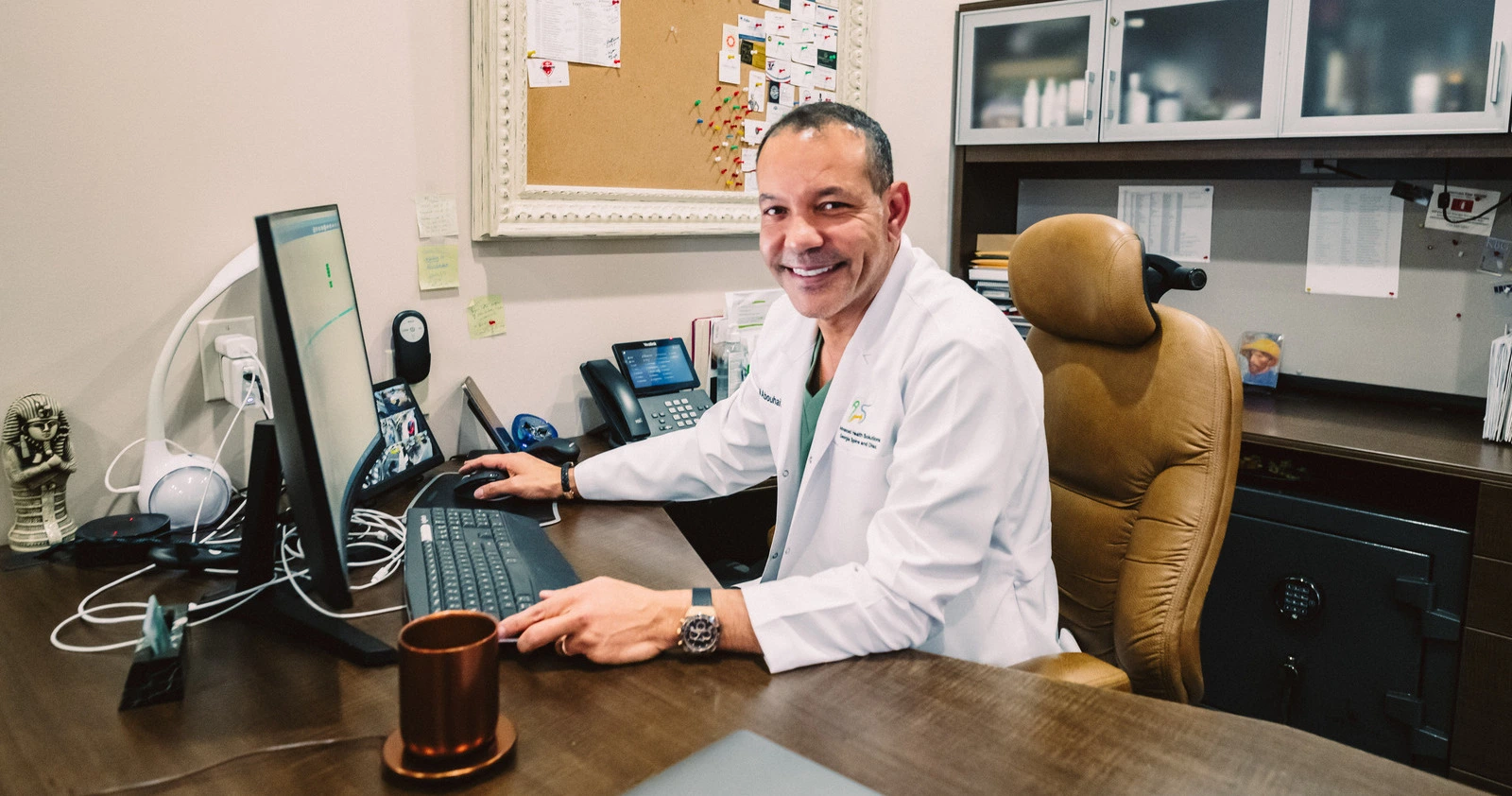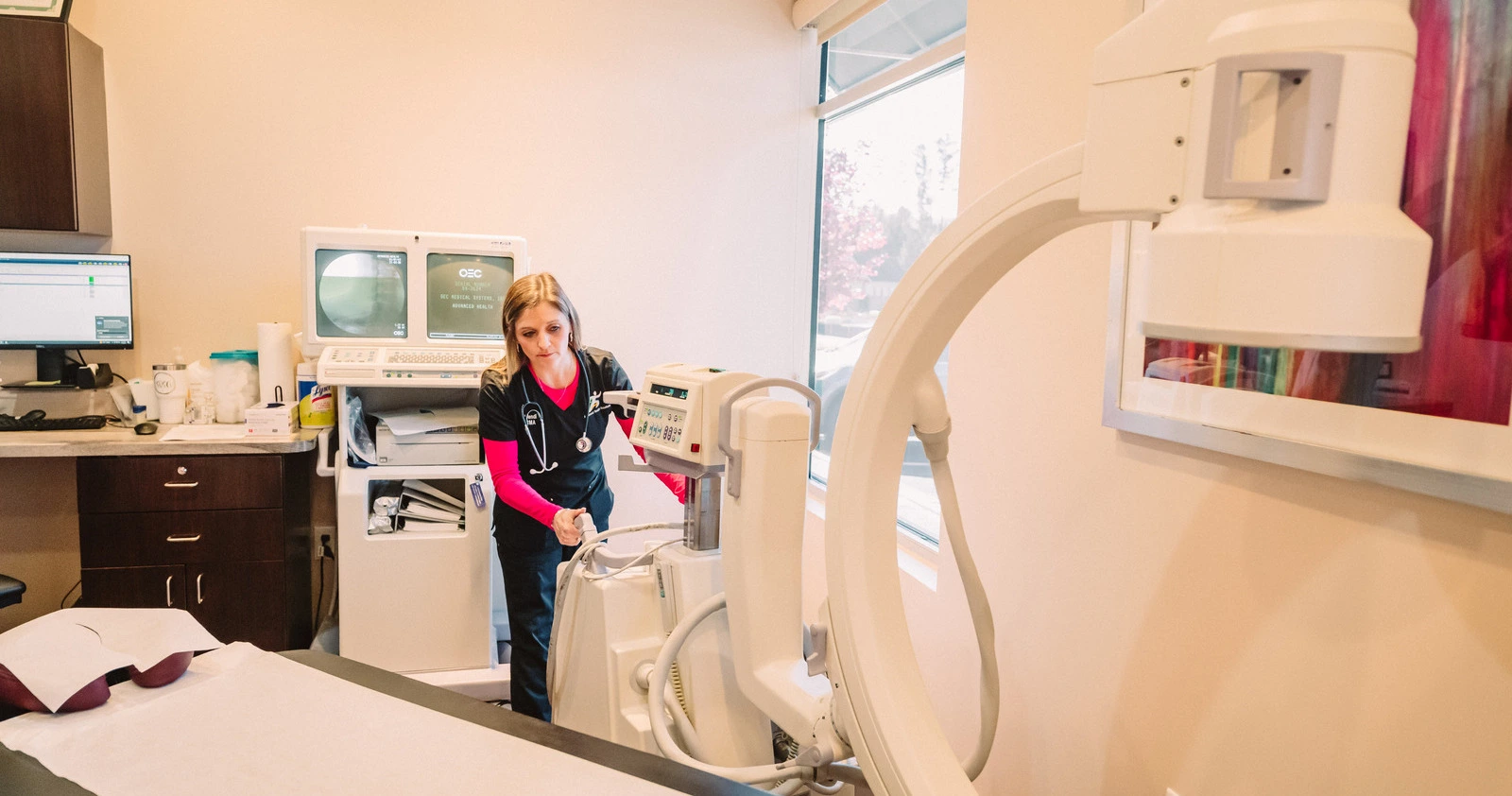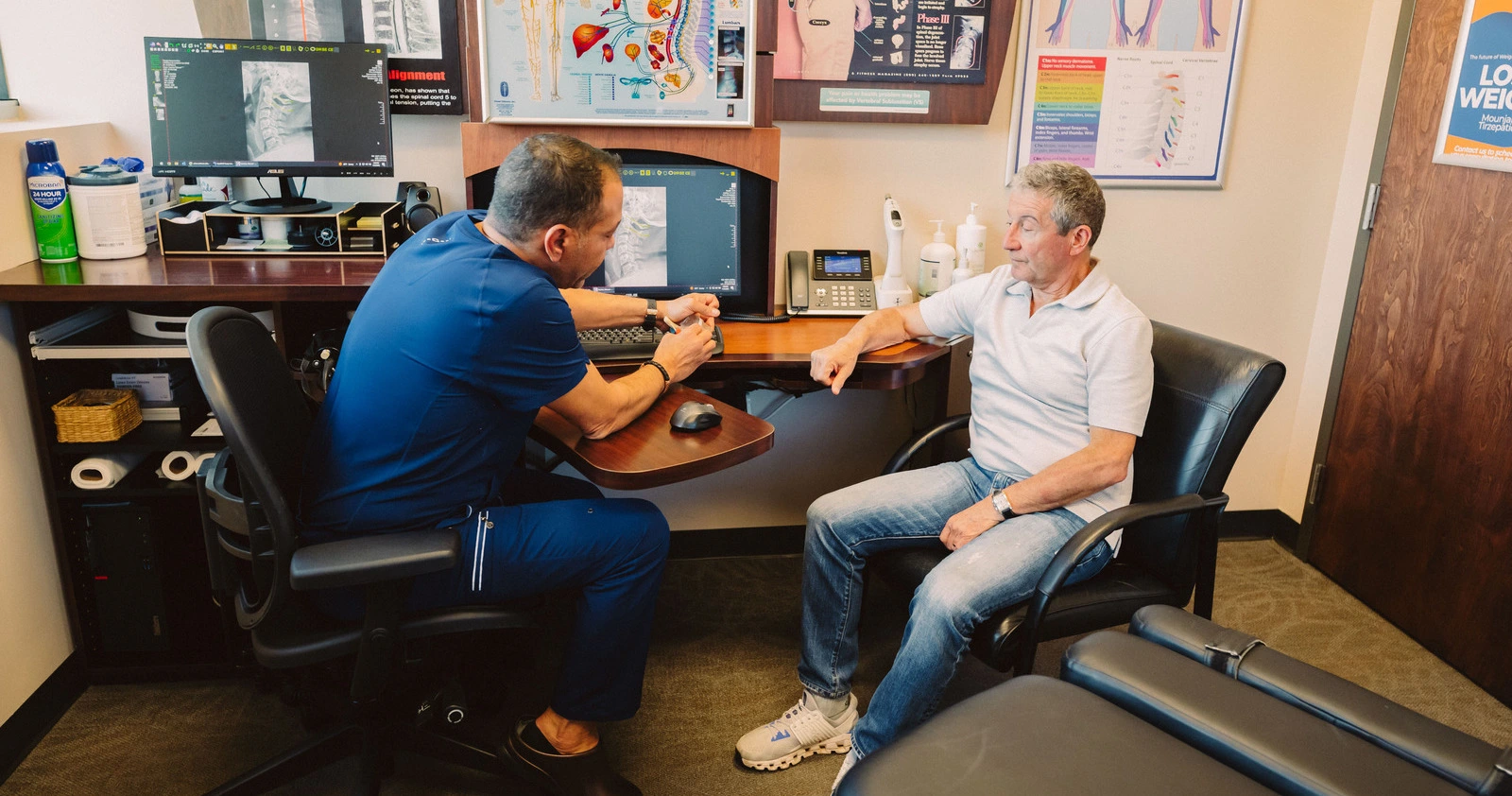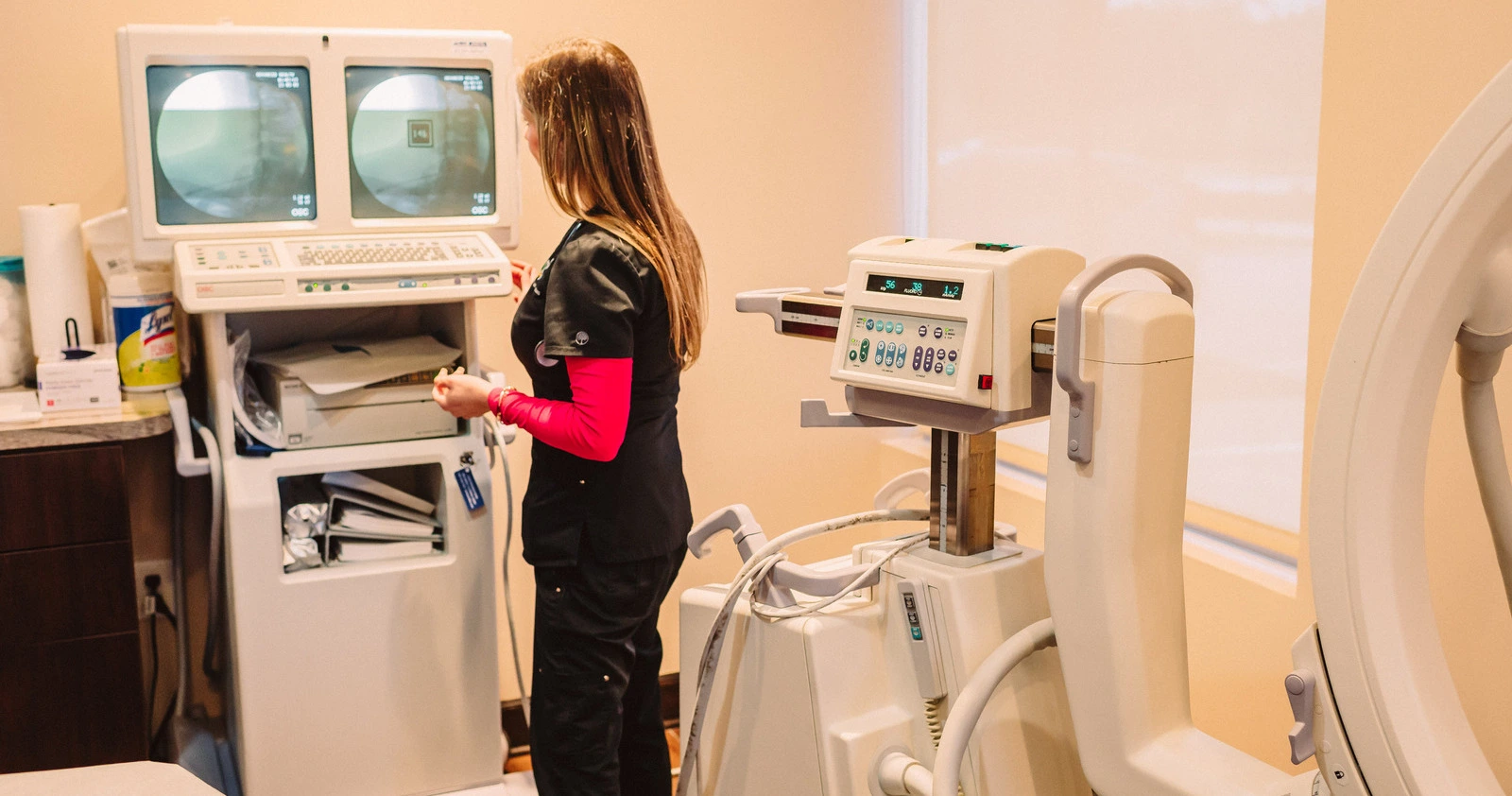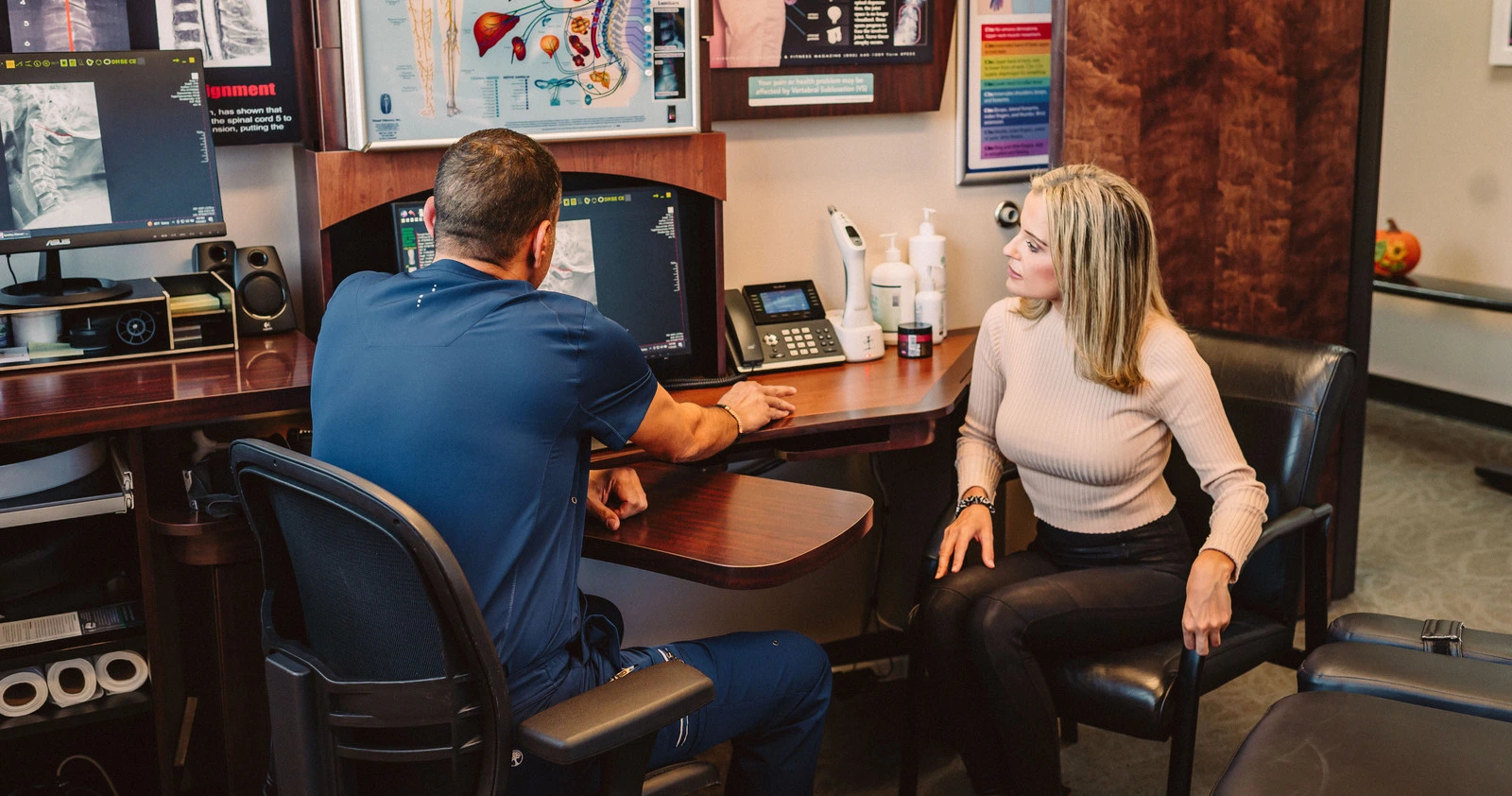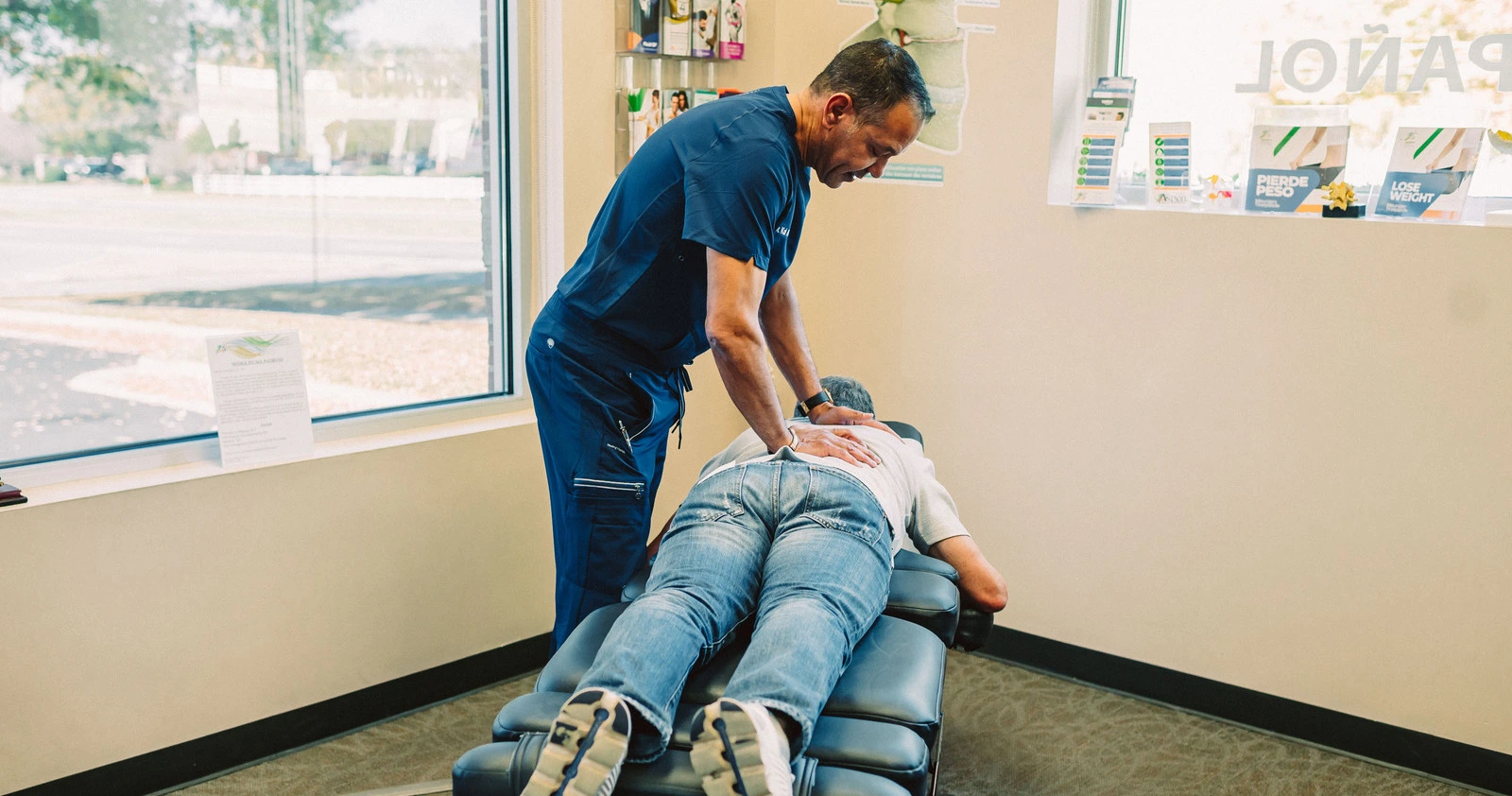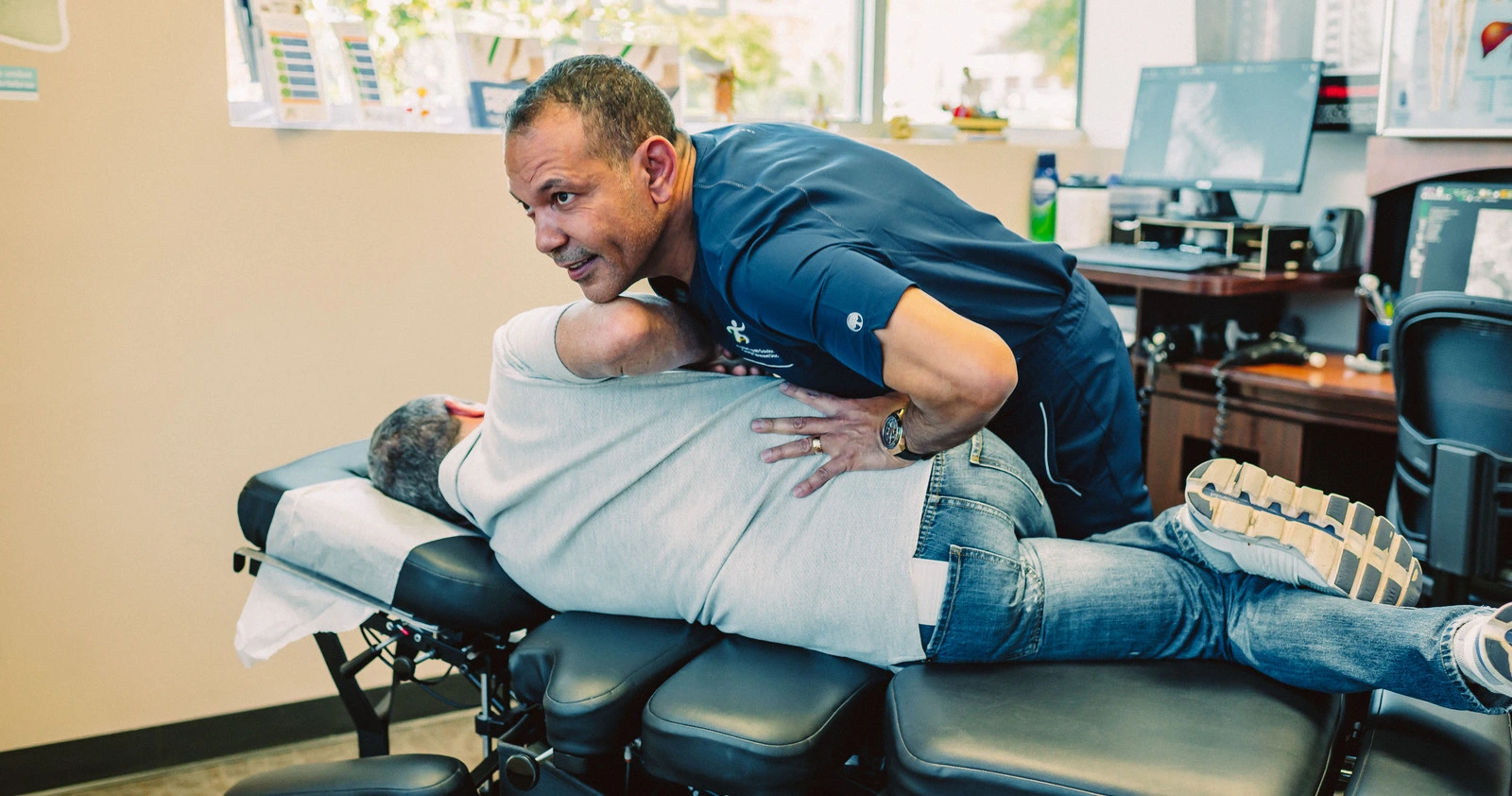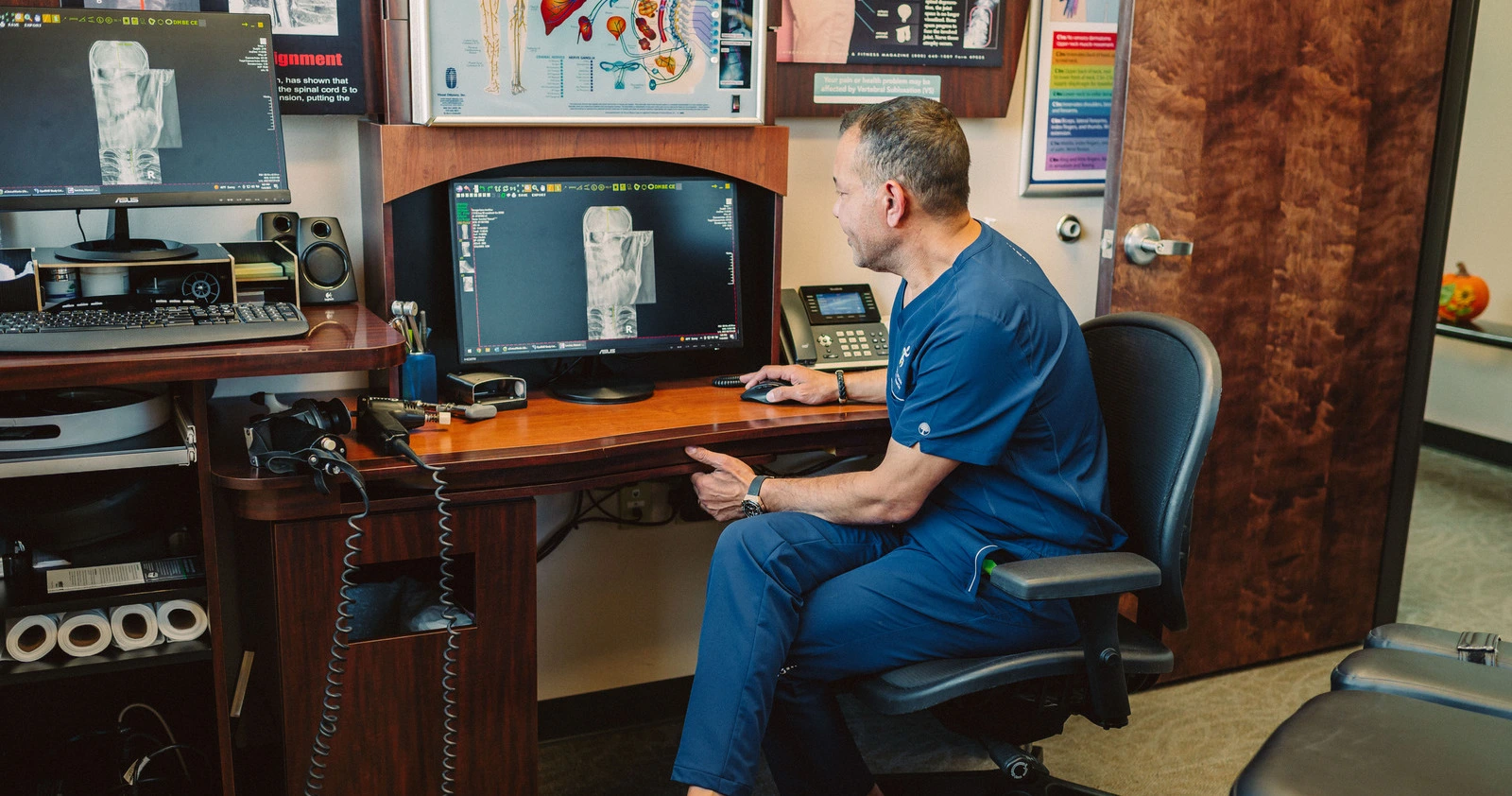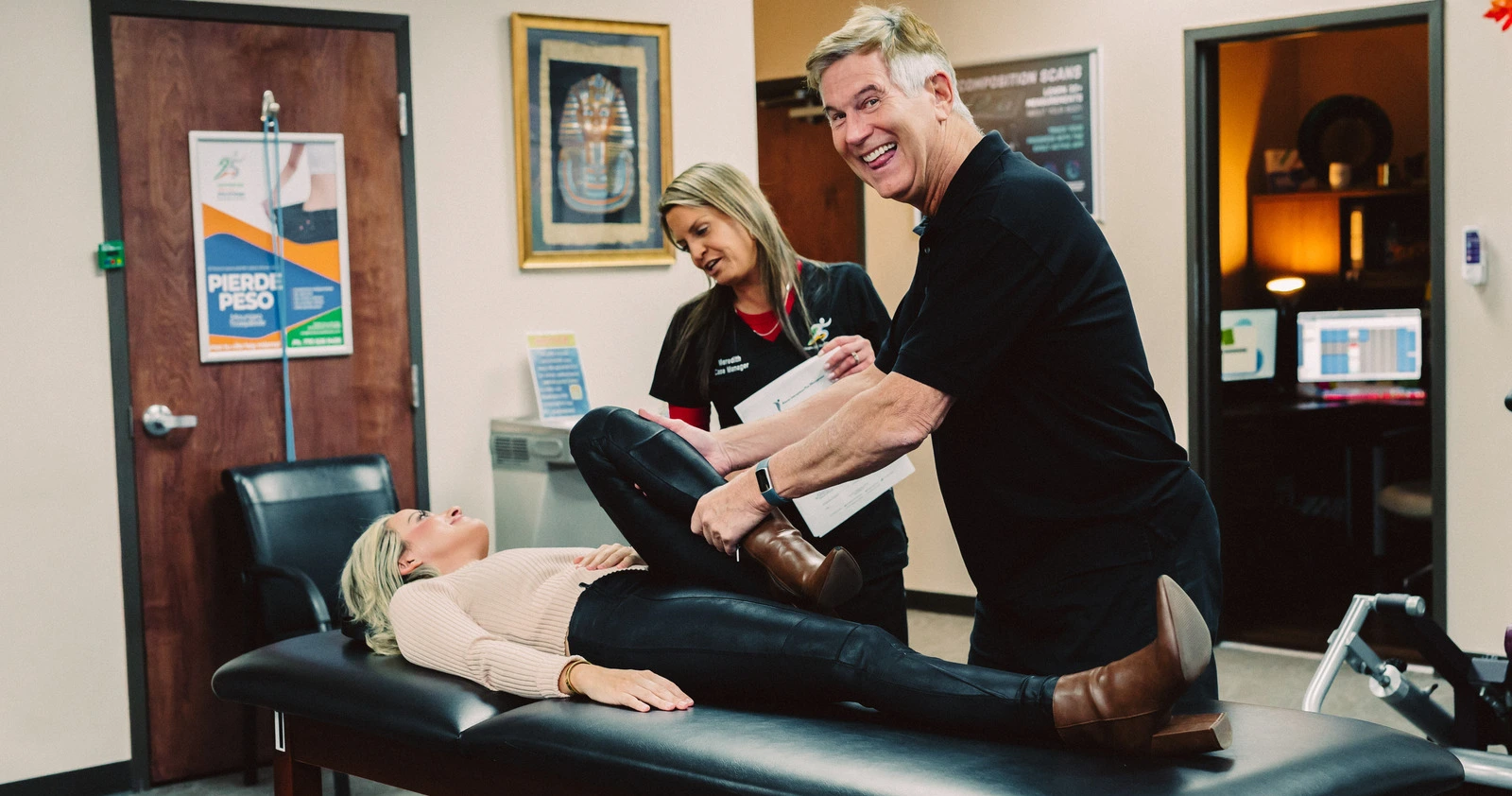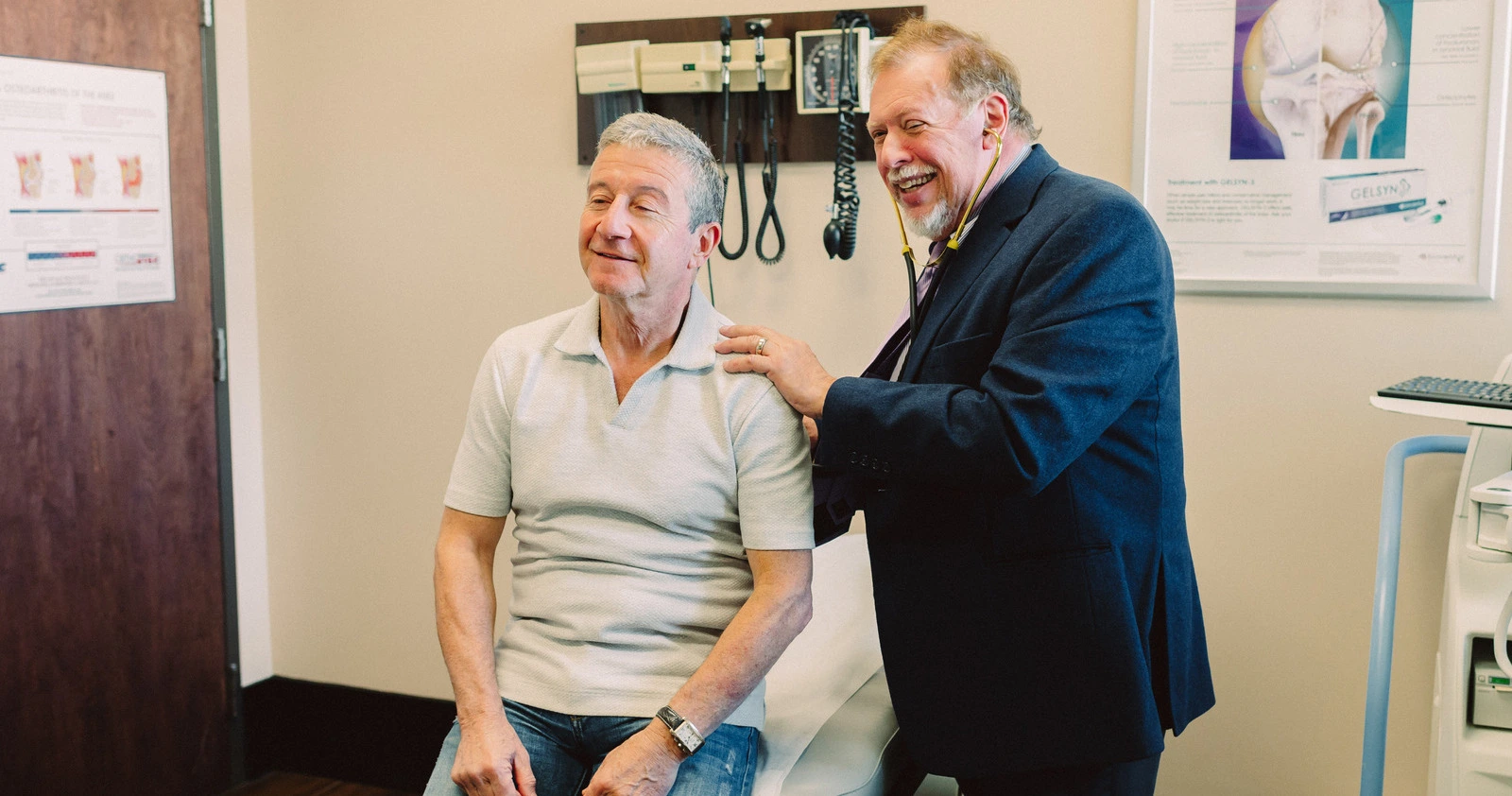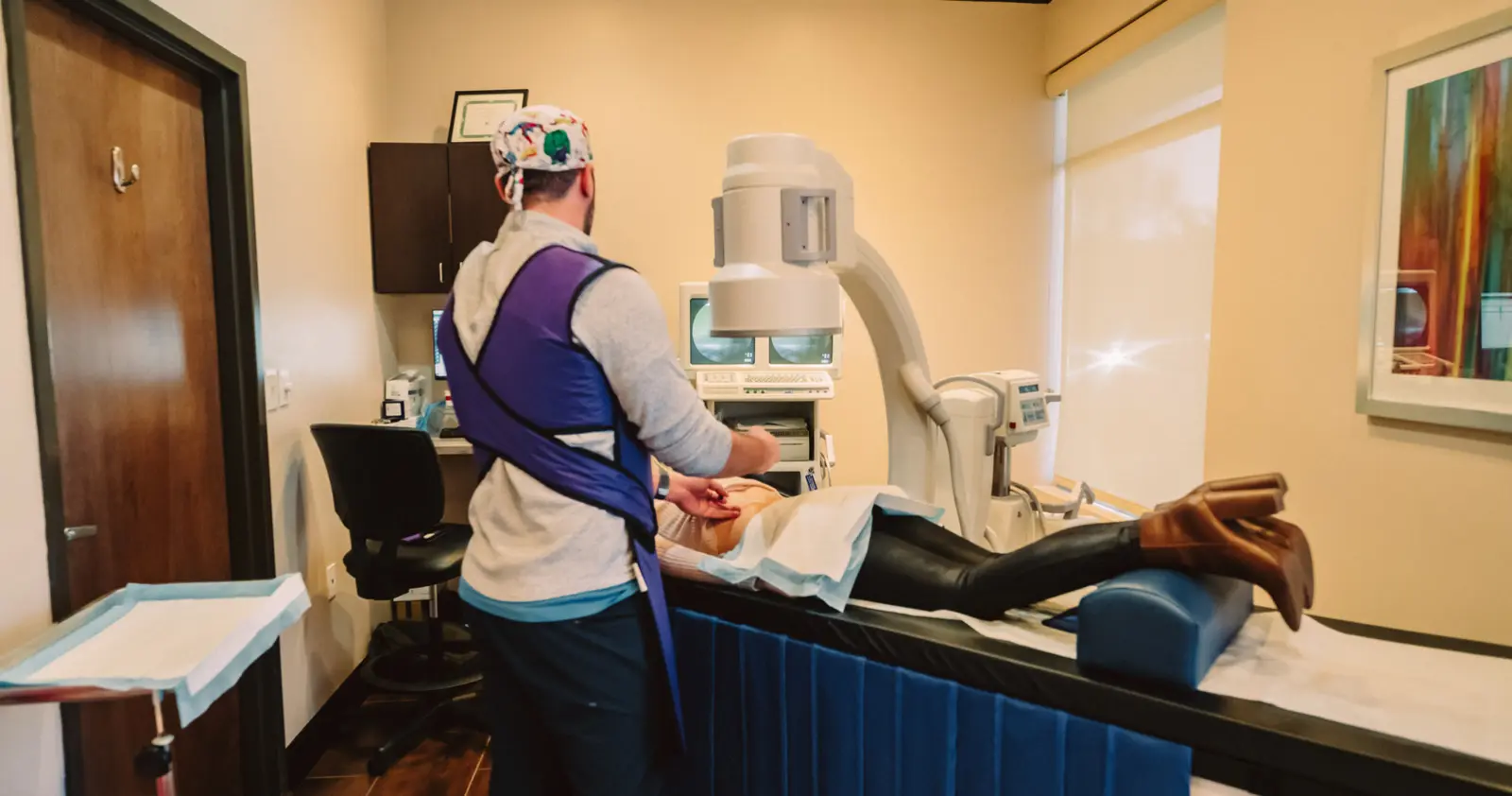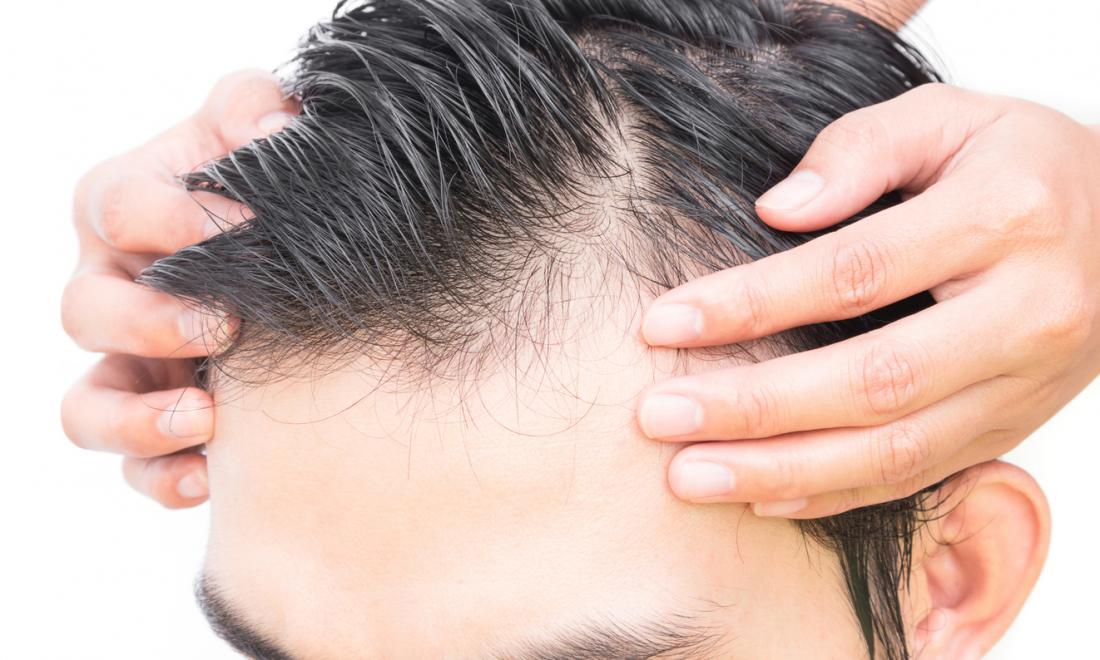
Hair Loss Treatment Woodstock GA
Hair loss (alopecia) can be temporary or permanent and it can affect your scalp or entire body. It can be a result of hormonal changes, medical conditions, heredity, or a normal part of aging. Hair loss is a problem that can affect anyone, but it is more common in men than women. The excessive loss of hair from your scalp is usually referred to as baldness. Hereditary hair loss is the leading cause of baldness. Some people prefer not to treat or stop their hair loss but let it run its course unhindered. Others may choose to cover it up with hats, hairstyles, makeup, or scarves. And still, some go for hair loss treatment Woodstock GA to restore growth or prevent further hair loss.
Consult your doctor before you pursue any hair loss treatment so that you can discuss about the cause of your hair loss and the potential treatment options.
Symptoms
There are several different types of hair loss, depending on the cause. It can occur suddenly or gradually and affect your scalp only or the entire body.
Signs and symptoms of hair loss include:
- Patchy or circular bald spots – Circular or patchy bald spots develop on the scalp, eyebrows, or beard when some people lose hair. The hair may start to fall out after your skin becomes painful or itchy.
- Gradual thinning on top of the head – As people age, they often suffer from this type of hair loss. In men, the hair often recedes starting at the hairline on their forehead. Broadening of the part in the hair is a problem that typically affects women. A receding hairline (frontal fibrosing alopecia) is a hair loss pattern that is increasingly common in older women.
- Sudden loosening of hair – Hair can loosen due to a physical or emotional shock. As you comb or wash your hair or even after gentle tugging, handfuls of hair may come out. This type of hair loss is usually temporary but can cause overall thinning of hair.
- Full-body hair loss – You can lose hair all over your body due to some conditions and medical treatments, such as chemotherapy for cancer. Thankfully, the hair usually will grow back.
- Patches of scaling that spread over the scalp – It’s a sign of ringworm and may be accompanied by swelling, broken hair, redness, and at times, oozing.
When to See A Doctor
If you’re distressed by persistent hair loss in you or your child, then you should seek treatment from a doctor. Women who’re experiencing a receding hairline (frontal fibrosing alopecia) can avoid significant permanent baldness if they talk with a doctor about early hair loss treatment Woodstock GA.
Also, you need to see a doctor if you notice patchy or sudden or more than usual hair loss when you wash or comb your hair. Sudden hair loss requires immediate treatment because it can signal an underlying medical condition.
Causes
Every person typically loses about 50 to 100 hairs a day as part of the body’s natural renewal cycle. This often is not noticeable because new hair grows at the same time. Hair loss occurs when hair falls out and new hair does not replace it.
Some of the factors that typically lead to hair loss include:
- Family history (heredity) – Hereditary condition that occurs with aging is the most common cause of hair loss. This condition is referred to as androgenic alopecia, female-pattern baldness, and male-pattern baldness. It usually occurs in gradual, predictable patterns – thinning hair along the crown of the scalp in women and bald spots and a receding hairline in men.
- Medical conditions and hormonal changes – Different conditions can lead to temporary or permanent hair loss, including hormonal changes due to menopause, childbirth, pregnancy, and thyroid problems. Medical conditions include a hair-pulling disorder called trichotillomania, scalp infections such as ringworm, and alopecia areata which is immune system related that causes patchy hair loss.
- Radiation therapy to the head – Your hair growth may change permanently unlike it was before.
- Medications and supplements – Certain drugs, such as those used to treat heart problems, cancer, depression, arthritis, high blood pressure, and gout can cause hair loss as a side effect.
- Hairstyles and treatments – A type of hair loss called traction alopecia can occur due to excessive hairstyling or hairstyles that pull your hair tight such as cornrows or pigtails. Hair may also fall out after using hot-oil hair treatments and permanents for a long period. Scarring could cause permanent hair loss.
- A very stressful/traumatic event – When most people go through a physical or emotional shock, they experience a general thinning of hair several months later. This is a temporary hair loss. They will eventually need to seek hair loss treatment Woodstock GA.
Risk Factors
Some of the risk factors for hair loss, include:
- Age
- A family history of balding
- Poor nutrition
- Significant weight loss
- Stress
- Certain health conditions, such as lupus and diabetes
Prevention
Genetics (male-pattern baldness and female-pattern baldness) is the most common cause of baldness. This type of hair loss is unpreventable as it occurs naturally.
Follow the following tips to avoid preventable types of hair loss:
- Be gentle when handling your hair. Use a detangler and avoid tugging when combing or brushing, especially when the hair is wet. You should use a wide-toothed comb because it hardly pulls out hair. Avoid harsh treatments such as curling irons, permanents, hot rollers, and hot-oil treatments. Do not choose styles that use barrettes, braids, and rubber bands as they increase tension on your hair.
- Consult your doctor before taking any medications and supplements that might cause hair loss.
- Quit smoking. Some studies have linked smoking to baldness in men.
- Protect your hair from sunlight and other ultraviolet light.
- Ask your doctor about a cooling cap if you are being treated with chemotherapy. This cap can help to reduce your risk of hair loss during chemotherapy.
Diagnosis
Before your doctor makes a diagnosis, he or she will likely do a physical examination and ask about your hair care routine, your diet, and your family and medical history. Your doctor might also order some tests, including:
- Pull test – Your doctor will gently pull several dozen hairs to determine how many will come out. This is how the doctor will know the stage of the shedding process.
- Blood test – This might help to identify the underlying medical conditions that caused your hair loss.
- Scalp biopsy – Your physician scrapes samples from a few hairs plucked from the scalp or from the skin to examine your hair roots under a microscope. This can help to determine whether your hair loss is due to an infection.
- Light microscopy – Your doctor may trim some hairs at their bases and examine them using a special instrument. Microscopy can help to uncover any disorders of the hair shaft.
Hair Loss Treatment
Some types of hair loss can be treated effectively. You might be able to regrow your hair, or at least slow your hair loss. With a condition such as patchy hair loss (alopecia areata), hair may regrow without hair loss treatment Woodstock GA within a year. Hair loss treatments include medications and surgery.
Hair Loss Treatment Woodstock GA
Advanced Health Solutions – GA Spine & Disc offers high-quality, safe, and effective treatments for hair loss. Call us today at (770) 212-3991 to schedule an appointment or fill out our online contact form and we’ll get back to you soonest.
Hair Loss Treatment Woodstock GA

